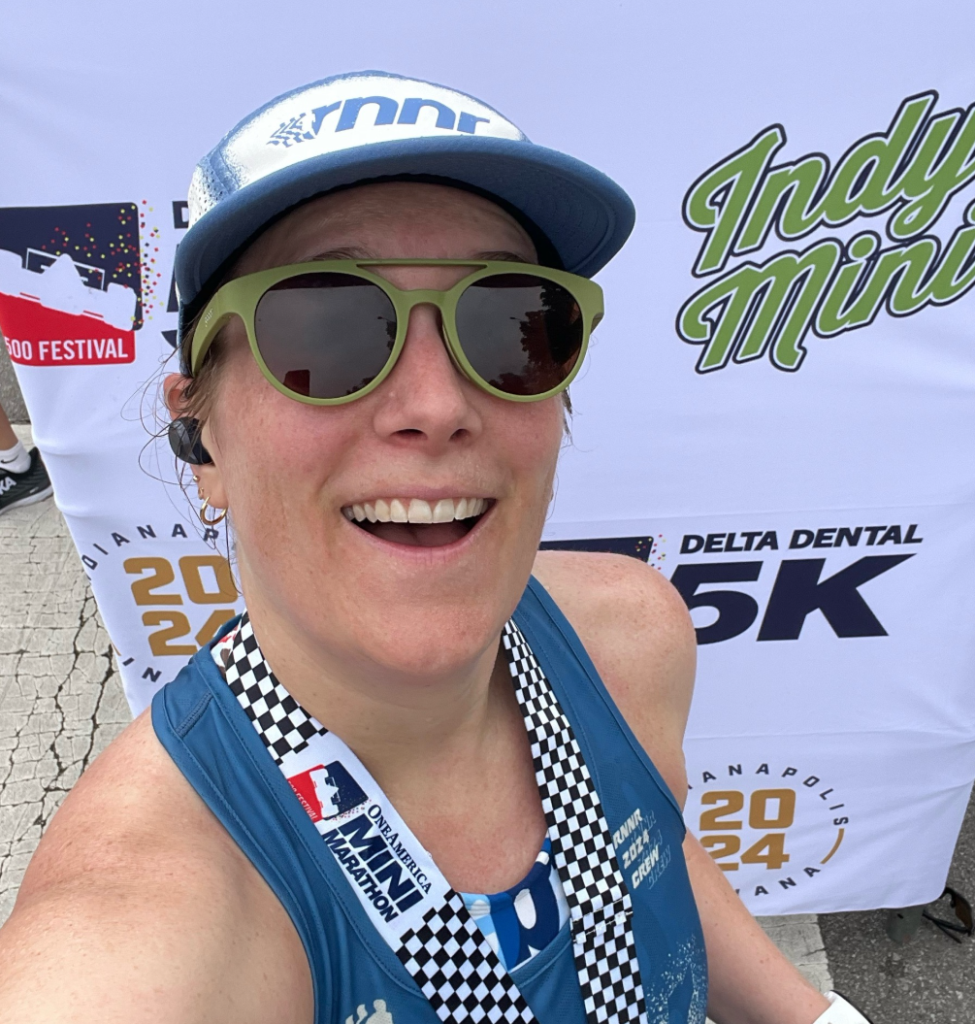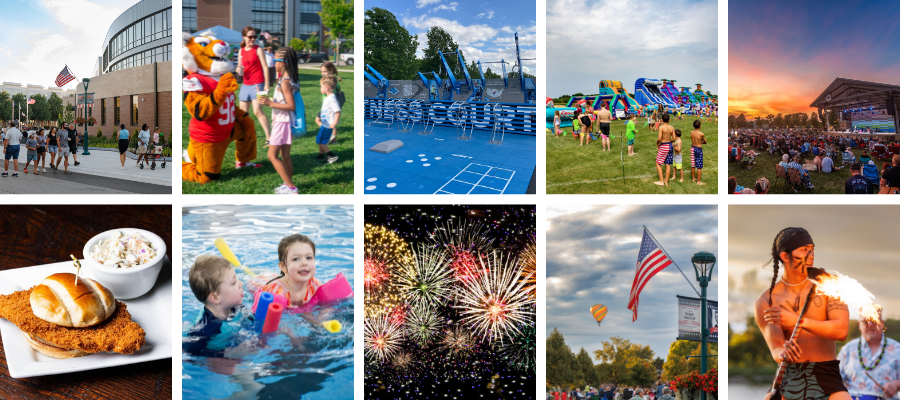March Disability Awareness Month has arrived to celebrate those with all types of disabilities. On Monday, March 3, The City of Fishers will host their kick-off celebration featuring a discussion with 3 panelists. We got to know the panelists – Irena Burke, Greg Gannt, and Jason Wagner – and they shared their personal stories, connections, and advocacy work within the Deaf community. Learn about them below as they reflect on their journeys and the impactful work they are doing to drive change.

Meet Irina Burke
Irina thrives in various community roles, contributing to both personal and professional growth. She is dedicated to bringing people together through creative and business initiatives. Her dedication to advocating for the Deaf community and improving accessibility is evident in her work with local organizations like FACD, the City of Fishers, and Sorenson Communications.
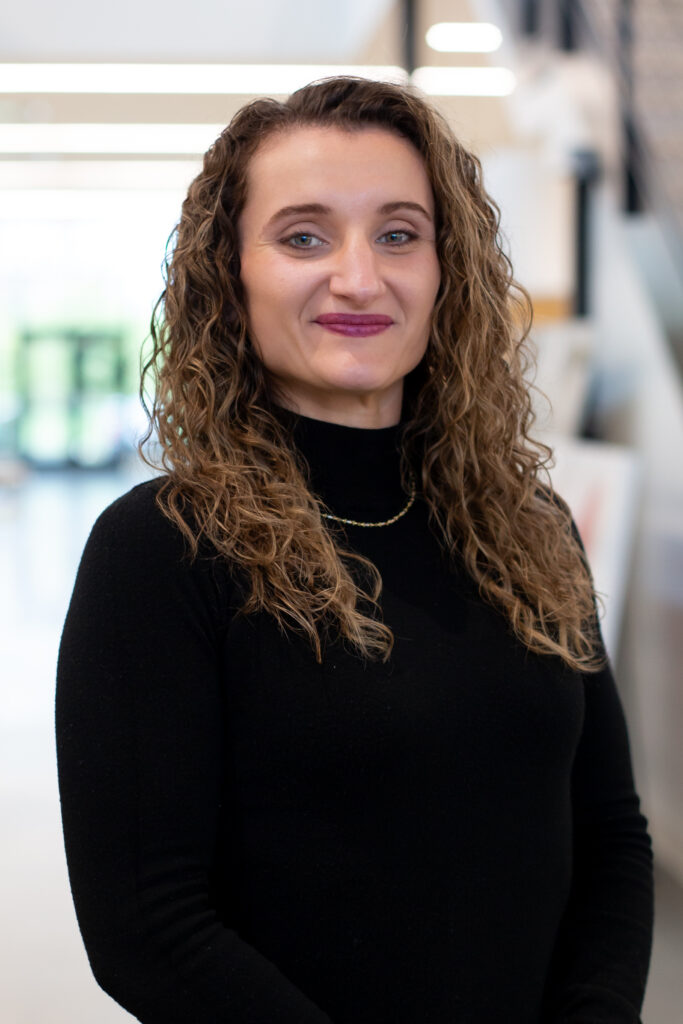
Tell us about yourself
I’m a freelance photographer, enterprise account specialist at Sorenson Communications, and holistic health coach. At the heart of everything I do is my passion for connection, wellness, and advocacy. As a mother of two, I balance my love for capturing life’s moments, helping businesses communicate effectively, and guiding others toward healthier lifestyles. In my advocacy for the Deaf community, my mission is to promote accessibility and inclusion. I believe in making a difference—one photo, one conversation, and one barrier removed at a time
What does the theme “Connected Through Language” mean to you personally?
As an advocate for the Deaf community and accessibility initiatives, I witness firsthand how all forms of language—spoken, signed, written, or visual—can bring people together. It empowers individuals to express themselves freely, promotes accessibility for all, and allows me to use my hands to create meaningful change.
What inspires you?
I’m inspired by connecting with others, empowering them, and breaking down barriers. Everything I do is driven by a passion for helping people feel seen, heard, and included. As a photographer, I love capturing emotions and stories that words alone can’t fully express. My work as a holistic health coach inspires me to help others take control of their well-being and transform their lives. On a personal level, my two children motivate me every day to be a better person and to discover my purpose in life. I see a lot of potential in the City of Fishers, and it’s motivating to think about how accessibility can be improved to make it equal for everyone. I believe we are all one
What are some small, everyday actions that individuals can take to make their communities more inclusive?
Making our communities more inclusive starts with small actions that truly matter. Using inclusive American Sign Language (ASL) or learning a little ASL helps people feel seen and heard. Supporting accessibility initiatives, such as offering interpreters or captions, ensures equal access for everyone. Taking the time to learn about different cultures and disabilities helps us all become more understanding. Additionally, small acts of kindness, like inviting someone into a conversation or making events more accessible, can make a big difference. Becoming more aware of how we create safe spaces for people allows everyone to feel welcome and valued, just as the City of Fishers has made me feel.
Meet Jason Wagner
Born and raised in New York City within a Deaf community, Jason has been deeply involved in accessibility and communication initiatives, pursuing this mission in both his career and personal life. His dedication goes beyond his professional role, as he also volunteers his time to support the Fishers community.
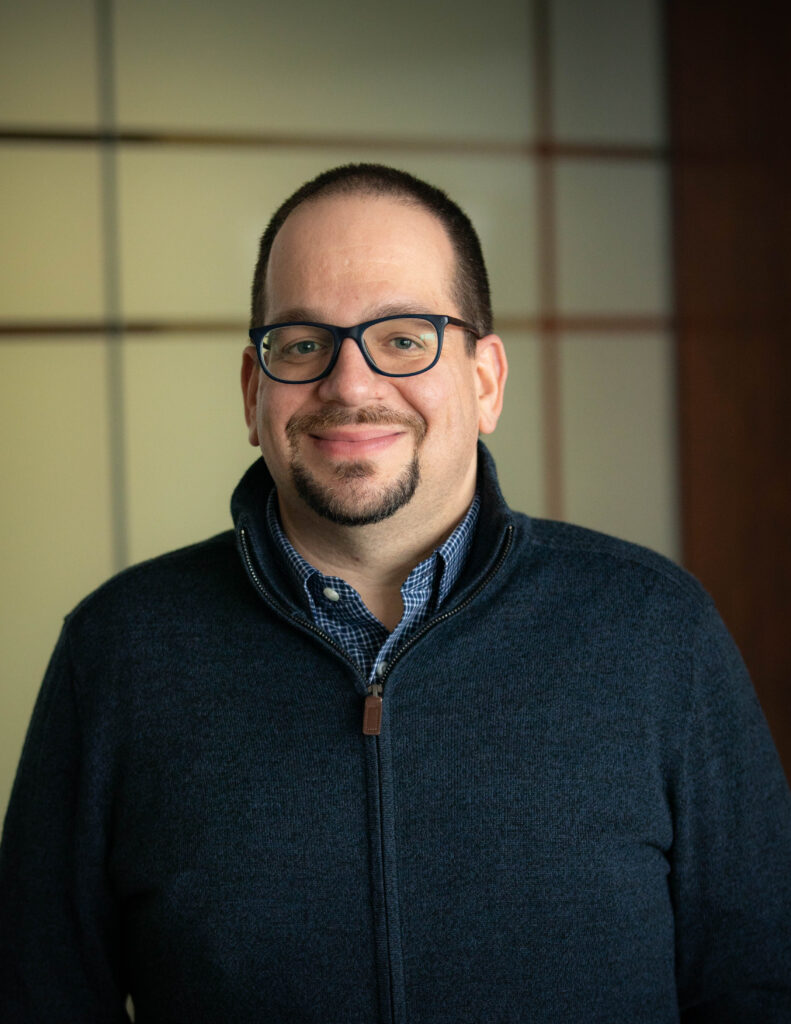
Tell us about yourself
As a resident of Fishers for the past 15 years, I have been deeply involved in advocacy for accessibility by serving as the National Sales Director at Sorenson Communications, where I worked to improve communication accessibility for the Deaf and hard of hearing community. I also serve on the Fishers Advisory Committee on Disability, where I promote accessibility initiatives in our city, and am involved with NTID/RIT as an Alumni Board Member and chair of the NTIDAA Development Committee. Outside of my professional work, I love spending time with my family, especially my hearing children, who are part of the CODA (Children of Deaf Adults) community.
What does the theme “Connected Through Language” mean to you personally?
Language is the foundation of connection, and as a Deaf individual, American Sign Language (ASL) is not just how I communicate but also how I express myself, connect with my family and friends, and build relationships in my community. The theme “Connected Through Language” is a powerful reminder that communication access is essential for true inclusion. Whether it is through ASL, captioning, assistive technology, or learning a few basic signs, bridging communication gaps brings people together and fosters belonging.
What inspires you?
I am inspired by the resilience and passion of the Deaf and disabled communities, having seen firsthand how advocacy and accessibility efforts can create meaningful change, which drives me to keep pushing for progress. Additionally, I am deeply inspired by my children. Seeing the way they navigate both the Deaf and hearing worlds gives me hope for a more inclusive future where language and communication barriers no longer exist.
What are some small, everyday actions that individuals can take to make their communities more inclusive? Inclusivity starts with awareness and intentional action. A few simple things anyone can do to promote inclusivity include learning a few basic ASL signs or using gestures to communicate with Deaf individuals, ensuring videos and presentations have captions to make them accessible to all, advocating for businesses and public spaces to provide communication access such as ASL interpreters, captioning, or visual alerts, and being patient and open to different ways of communicating, whether through ASL, writing, or speech-to-text apps. Every effort, no matter how small, makes a difference in creating a community where everyone feels seen, heard, and valued.
Meet Greg Gantt
Greg, born Deaf and a proud native user of American Sign Language (ASL), has dedicated his life to supporting the deaf and hard of hearing community. After graduating from the Indiana School for the Deaf and Gallaudet University, he began a career that spans over four decades in advocacy and service. Throughout his years of service, Greg has remained committed to championing inclusivity and accessibility for all.
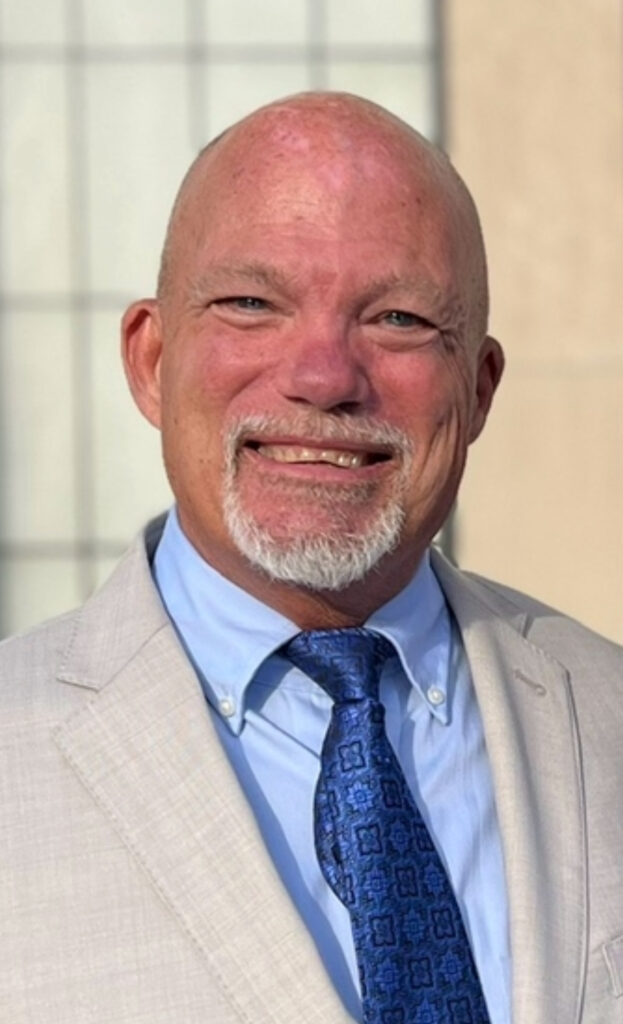
Tell us about yourself
I spent 10 years working in social services before joining Sprint (now T-Mobile) in its Relay Services division, where I worked for 11 years. For the past 18 years, I’ve been with InTRAC, focusing on community relations. InTRAC provides Relay Indiana services, ensuring full telecommunications accessibility for people who are Deaf, hard of hearing, or speech disabled. Over the past 45 years, I’ve remained deeply involved in community service, both professionally and personally. Outside of work, I’m an outdoor recreation enthusiast, enjoying time with my wife of 40 years, Barb, and our two adult children.
What does the theme “Connected Through Language” mean to you personally?
This year’s Disability Awareness theme, “Connected through Language”, is a great choice, especially with the main focus on our Fishers Deaf community. For me, language is not just words but rather a bridge that connects different languages, such as ASL, spoken English, and other foreign languages, used in our diverse Fishers community. Fishers Disability Awareness Month is an excellent opportunity to learn more about and appreciate the challenges people with disabilities face every day in their lives. It’s also a great opportunity to celebrate cultural differences and traditions and to increase accessibility for all people.
What inspires you?
Changing attitudes and the continued learning and understanding within the community toward Deaf/hard of hearing people inspire me. I often reflect on my own experiences growing up. When we used American Sign Language, people would stare at us—whether we were at a restaurant or telling someone we were deaf, they’d freeze up, like deer caught in headlights. I don’t see much of that anymore. Now, people look at us and just move on, as if we’ve always been a part of the community.
What are some small, everyday actions that individuals can take to make their communities more inclusive?
Small, everyday actions can go a long way in making our community more inclusive. These include acknowledging people with disabilities in public and taking the time to communicate with Deaf individuals—whether through pen and paper, gestures, smartphones, or speech-to-text apps. Additionally, we can make businesses and services more accessible by providing interpreters at town hall meetings and installing videophones in high-traffic public areas. Supporting disability-owned businesses and organizations and including them in community social activities also strengthens our sense of inclusivity.
These powerful insights shared by Irena, Jason, and Greg highlight their incredible dedication to accessibility and inclusion. Their advocacy and personal stories demonstrate the profound impact of language and connection in building stronger, more inclusive communities. Don’t miss the opportunity to hear from them in person at the Fishers March Disability Awareness Month Kick-Off: Connected Through Language on Monday, March 3, from 8:30 – 10 a.m. at the Fishers City Hall Theater. This event, hosted by Mayor Scott Fadness and the Fishers Advisory Committee on Disability, is free and open to the public. Join us to celebrate and take part in creating a more inclusive community! Find all upcoming events this month at FishersIN.gov/DisabilityAwareness.

